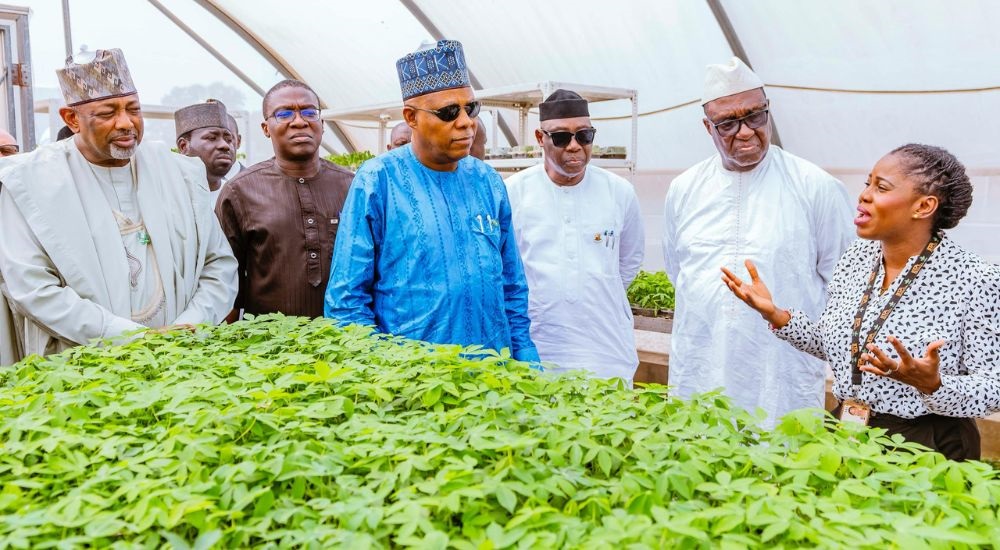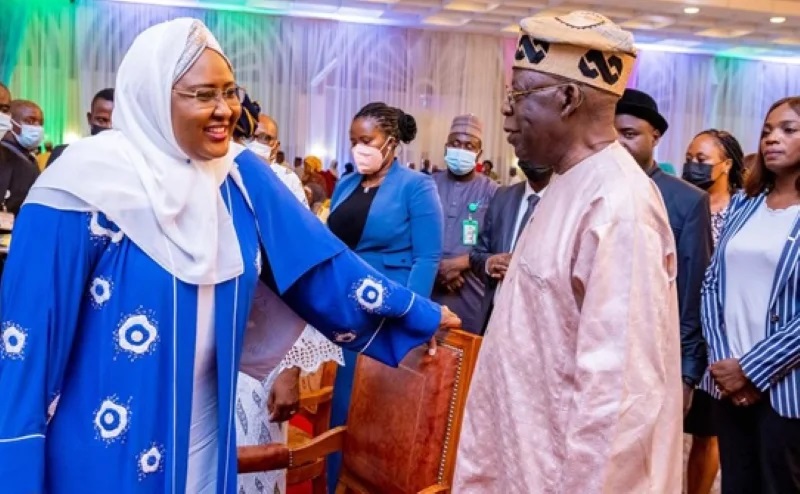Vice-President Kashim Shettima has outlined the reasons behind the State of Emergency on Agriculture declared by President Bola Tinubu, emphasizing the need to restore Nigeria’s food sovereignty and boost national resilience in the face of worsening food insecurity.
Speaking at the “Country Perspectives: Government-led Strategies and Regional Framework” session of the ongoing UN Food Systems Summit Stocktake (UNFSS+4) in Addis Ababa, Shettima said food self-sufficiency is central to national sovereignty.
“Any nation that is not independent in food sovereignty is not truly sovereign,” he told the gathering of African leaders and policymakers.
According to the News Agency of Nigeria (NAN), the session focused on sharing strategies to strengthen local and national food systems, promote sustainable agriculture, and improve access to nutritious food.
Tinubu Responded to Crisis With Bold Reforms
Shettima said President Tinubu met the country in a critical state, particularly in the North-East, where ongoing conflict and insecurity, especially from Boko Haram, have devastated agricultural productivity and displaced millions.
“Out of genuine concern for the welfare of our people, especially in conflict-driven areas, President Tinubu declared a state of food emergency,” Shettima stated.
He said the administration rolled out bold policy initiatives, including the establishment of Presidential Food Systems Coordinating Units to harmonize the efforts of various agencies for more efficient food delivery.
“These units were created not to replace existing bodies but to better coordinate food support mechanisms in the North and across the country,” he added.
Resilience Through Empowerment
The Vice-President praised the World Food Programme (WFP) and other multilateral organizations for their assistance and said the government is moving from a dependency model to one that empowers displaced persons to grow their own food, thereby restoring dignity and resilience.
“The idea is to help displaced persons regain independence and build capacity against future shocks,” Shettima said.
He stressed the need for robust policies, especially in the Sahel region, where ecological and economic challenges are deeply connected.
“Hunger knows no boundaries or discrimination. We are committed to rebuilding our grain reserves and empowering smallholder farmers, women, and youth through meaningful incentives,” he said.
He added that the government’s agricultural approach is market-driven, not reliant on handouts, and aims to boost yields by adopting mechanisation, improved seed varieties, and modern agricultural practices.
“We are reinforcing our extension services to provide farmers with accurate data on rainfall patterns and help them manage climate shocks,” Shettima said.
UN Urges Shift from Dependency to Transformation
Earlier, UN Deputy Secretary-General Amina Mohammed warned that over 37 million children under the age of five are facing acute malnutrition this year—nearly the population of Canada.
“Short-term interventions are not enough. We need long-term planning to build resilient food systems,” she said.
Mohammed called on global leaders to reject dependency and invest in inclusive, climate-resilient, and nationally-driven food strategies.
“Leadership must be anchored in finance, partnerships, and inclusion. Bureaucracy is not the goal—coordination and real impact on people’s lives must be the focus,” she added.
Call for Collective Action
Other speakers at the summit included:
Cindy McCain, Executive Director, World Food Programme
Salah Jama, Deputy Prime Minister of Somalia
Moubarack Rounbo, Minister of Agricultural Production and Industrialization, Chad
They all called for greater coordination, investment in sustainable agriculture, and the empowerment of communities to achieve long-term food security.





